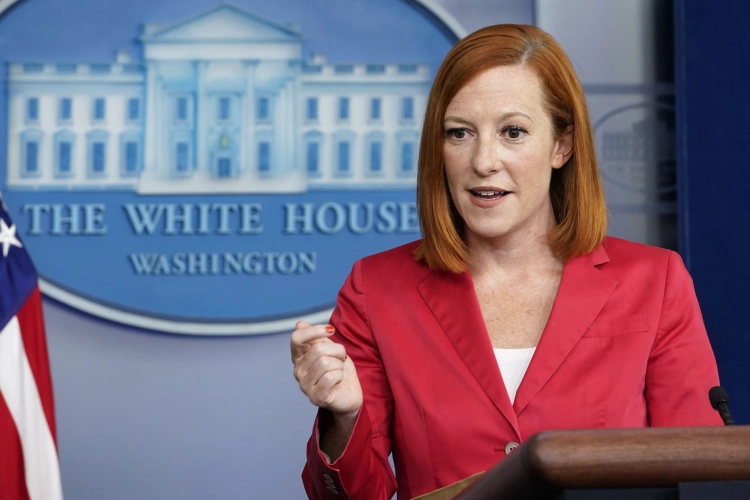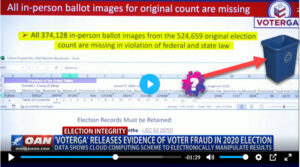Disinformation Deception
1 min read
“We’re flagging problematic posts for Facebook that spread disinformation,” White House press secretary Jen Psaki said, almost matter-of-factly, in July. The same week, Biden communications director Kate Bedingfield insisted that social media companies “should be held accountable” for misinformation on their platforms, singling out “conservative news outlets who are creating irresponsible content.” Even President Joe Biden got in on the act, accusing Facebook of “killing people” by allowing misinformation, before walking it back.
While those considered guilty of spreading “misinformation” won’t find themselves under lock and key, the underlying inclination of those in power has a long and sordid history in America.
Protecting people from the scourge of “misinformation” has been the leading rationale for censorship since nearly the beginning of the republic. In the second year of his presidency, John Adams griped that there had been “more new error propagated by the press in the last ten years than in a hundred years before 1798.” Congress soon helped Adams tackle the purported flood of misinformation by passing the Sedition Act, making the dissemination of “any false, scandalous and malicious writing or writings against the government” illegal. And, as with most censorship efforts, the law was soon used as a cudgel by those in power. The first person who found himself jailed under the new law was the rambunctious Adams critic Rep. Matthew Lyon of Vermont.


